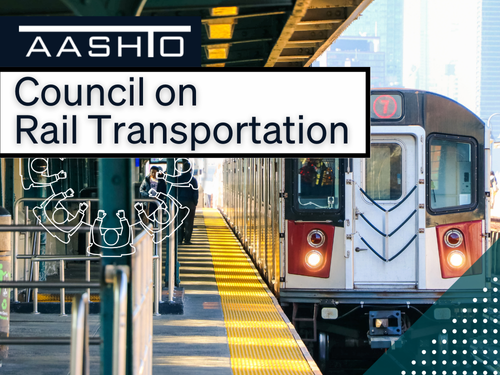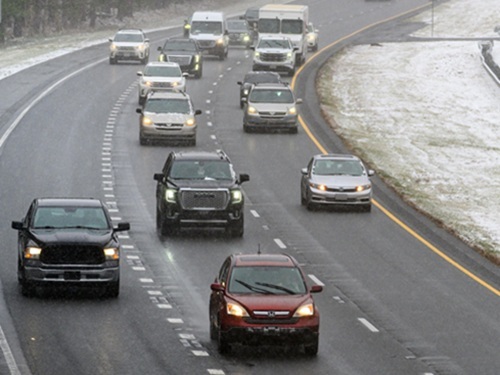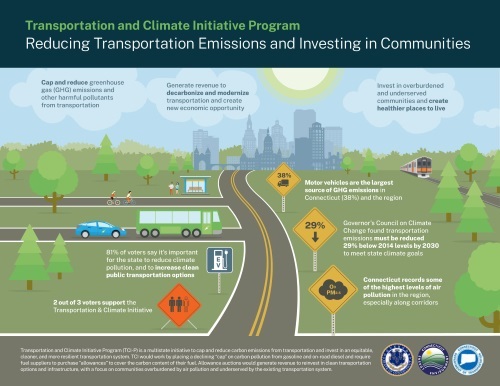The states of Connecticut, Massachusetts, and Rhode Island, along with the District of Columbia, signed a memorandum of understanding or MOU on December 21 committing themselves to a “multi-jurisdictional program” to pursue systematic and substantial reductions in motor vehicle greenhouse gas or GHG emissions while “re-investing” $300 million annually in cleaner transportation infrastructure.
[Above graphic via the Connecticut Governor’s Office.]
The new Transportation and Climate Initiative Program or TCI-P is the outgrowth of collaboration between 12 Northeast, Mid-Atlantic, and Southeast states and the District of Columbia known as the Transportation and Climate Initiative. Originally formed in 2019, the TCI issued a nine-page draft policy proposal in December 2019 for establishing a cap on GHG emissions from transportation fuels while investing millions of dollars annually to develop cleaner transportation systems and more resilient transportation infrastructure.
The signatories said the TCI-P’s funding will result from the mandated purchase of “emission allowances” by gasoline and diesel fuel suppliers. The total number of allowances would decline each year, resulting in less transportation pollution, they said, with each participating jurisdiction independently deciding how to invest program proceeds to achieve the goals of the MOU.

In a statement, Connecticut Governor Ned Lamont (D) said the TCI-P MOU should reduce transportation-related GHGs in his state by at least 26 percent from 2022 to 2032 and generate annual revenue due to emission allowances fees of up to $89 million in 2023 – increasing to as much as $117 million in 2032. Gov. Lamont said Connecticut would re-invest those funds in “equitable and cleaner transportation options,” creating an employment program across transit, construction, and green energy – serving as a “catalyst” for infrastructure development through the next decade and beyond.
“Engaging in this way with my fellow governors and Mayor Bowser accomplishes goals we have set for Connecticut for years,” the governor explained.
“Participating in the TCI-P will help grow our economy through a fresh injection of capital to provide for jobs and new infrastructure,” Gov. Lamont added. “This collaboration will cut our greenhouse gas emissions, and it will make our urban centers healthier, after decades of being adversely impacted by the emissions being released by traffic every day.”

“By partnering with our neighbor states with which we share tightly connected economies and transportation systems, we can make a more significant impact on climate change while creating jobs and growing the economy as a result,” added Massachusetts Governor Charlie Baker (R).
“This first-of-its-kind program will provide $20 million annually for public transit, safe streets for bikers and pedestrians, and other green projects,” noted Rhode Island Governor Gina Raimondo (D). “Most importantly, it will provide much-needed relief for the urban communities who suffer lifelong health problems as a result of dirty air.”
The MOU also commits those three states and the District of Columbia to allot no less than 35 percent of annual emission allowances proceeds to assist communities “overburdened and underserved” by the current transportation system.
 Nation
Nation
Registration Open for AASHTO’s Winter Rail Meeting
December 19, 2025 Nation
Nation

